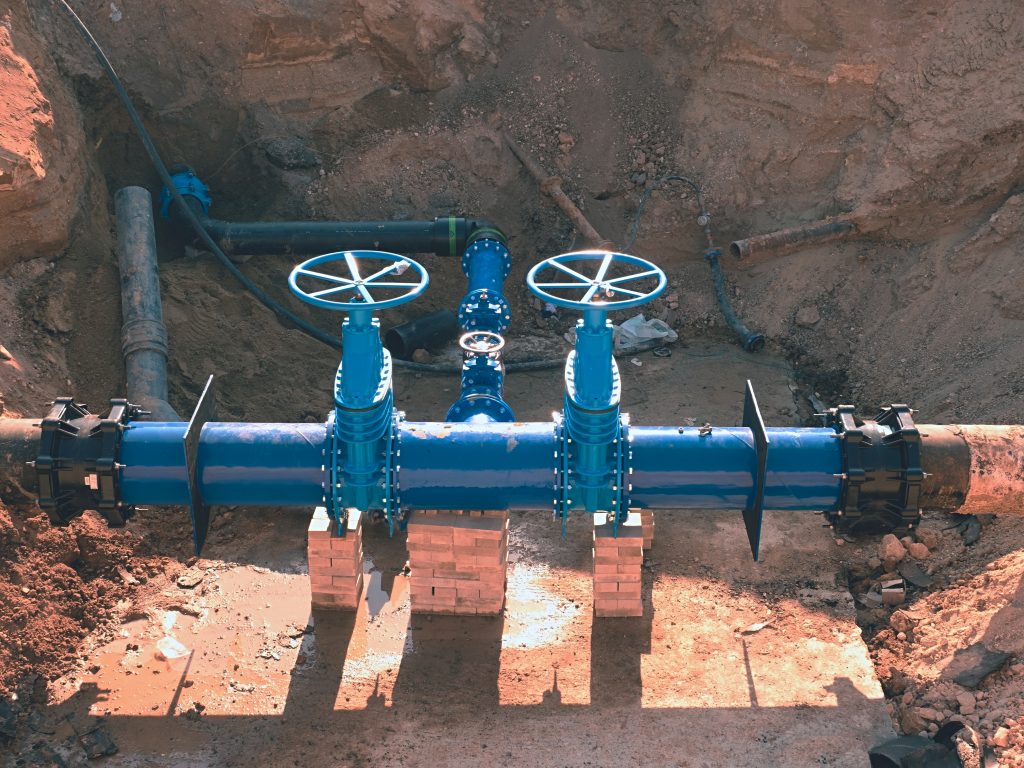For so long, the default option for homeowners is to connect your plumbing to the municipal water supply. Nowadays, however, more and more residences are pumping water out of their private wells and reservoirs.
If your mind is set on drilling and building your groundwater well, the only thing you’ll need is first-class pumping hardware for your Utah or Oklahoma property, like tubing anchors and catchers, a storage tank, a pump, well seal and casing, and a jet assembly. If you’re still making up your mind, then these factors ought to help you decide.
Safety and quality
Groundwater is commonly regarded as potable because it’s untreated and naturally flowing. However, this isn’t always reality.
First, you have to consider your general location. While it may be safe from surface contaminants, other toxic chemicals such as industrial wastes, sewage leakages, and pesticides from farm runoffs can seep that deep to pollute groundwater sources. Naturally occurring heavy metals such as mercury, iron, and arsenic can combine with that water, too.
For your family’s safety, your pumping system or storage tank should have a filtration system to treat hard groundwater and achieve a quality that’s fit for consumption.
Ecological impact
A chief argument for groundwater is that digging for your supply saves energy by not having to transport municipal water to your home through miles of pipelines.
To a degree, this is correct. It’s worth noting that most municipal water systems get their water below ground, too. The only difference is they have to employ huge machines and use loads of chemicals to treat an entire town’s water supply. These chemicals, even if responsibly disposed of, still go back to the environment and pose potential harm.
Having your own well system gives you full agency on how to treat your water, but you still require power to operate your pump system.

Enduring stability
With municipal water supplies, huge pipes laid beneath the surface can wear or rust in time, get clogged, damaged due to road repairs, or deteriorate due to chemicals.
This is an evident win for private owners of groundwater wells. Not only do they get complete control over how, when, and how much water they get, but they also take full responsibility for the entire mechanism, ensuring proper use and maintenance.
On average, it takes about 20 to 30 years for a pumping system to falter or for a below-ground water source to be depleted. In this case, you can just dig deeper to discover new fractures that contain water.
Reduced expenses
Lastly, opting for a private groundwater supply will save you lots on your monthly bills. You don’t even have to pay a single cent for water again.
Of course, the initial costs of investing in a pumping system and running them automatically cause a slight uptick in your power bill. Add to this the maintenance costs of keeping your pumping system free of sediment or mineral scale build-up over time, and you’ll still rack up some pretty big expenses.
Thus, don’t expect to recover your expenses so soon. It will save you money, but only if you use water conscientiously.
The science is clear — having your water well is a great choice if your property stands on the ideal location, and your finances can handle it. The only thing to remember now is to use it responsibly. Despite having your private supply, always strive to save water.
